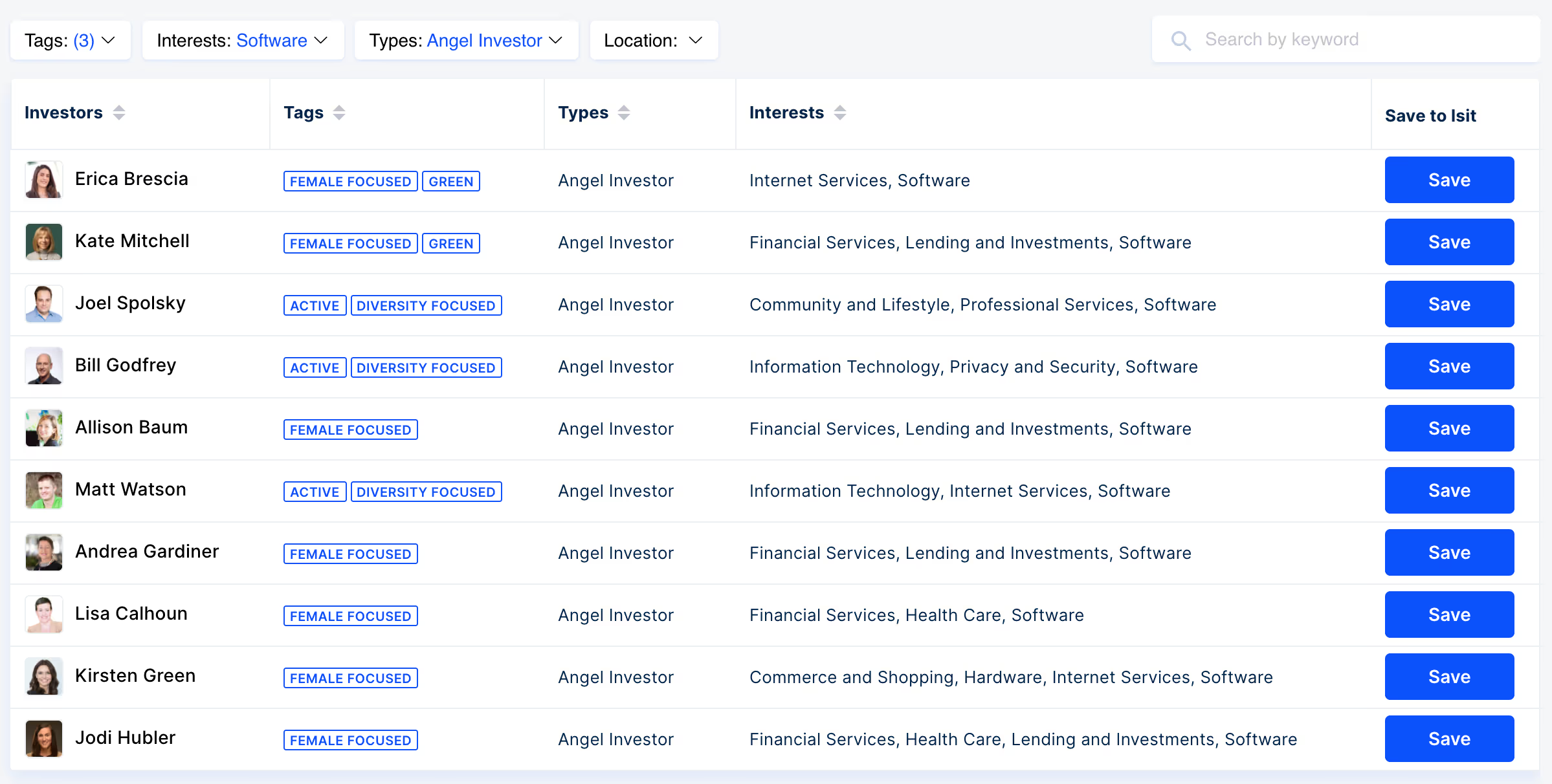Convertible Notes: Everything You Need to Know

.avif)
If you’re a startup founder beginning to research the world of seed or early-stage financing, you’ve likely already heard a bit about convertible notes. Sometimes referred to as convertible bonds, this kind of investment agreement has become well known as the go to investment model for early-stage investors and startups.
What is a convertible note?
A convertible note is a type of investment agreement that operates as a loan or debt, generally with the intention of converting into equity at a future date. To put it simply, a convertible note offers investors the promise of equity in the future.
Convertible notes are most popular among early-stage startups when it’s difficult to accurately value a startup. The reason for this popularity is because the convertible note delays company valuations until a later date — usually, once a particular funding milestone has been achieved.
What sets a convertible note apart from other options?
Standard funding options may require startups to establish valuations early on, which can pose an issue when a startup has little or no revenue. In contrast, a convertible note eliminates this guesswork by allowing investors to delay putting a valuation on a company until they have a more comprehensive understanding of the company — which generally occurs during a Series A round of financing according to TechCrunch.
Furthermore, startups that issue convertible notes can avoid the pitfalls that come with granting stock. For instance, a startup that gives off a slice of its stock to an investor may be forced to grant them a certain amount of control over the company, including veto rights and board seats. As such, this may limit a startup’s flexibility as its operations expand. However, these risks are rarely found with convertible notes, making them a safer approach for companies to adopt early on when investments are usually small.
Finally, one of the most attractive advantages of convertible notes regards their ability to make funding prices variable rather than concrete. As a result, startups worldwide can count on investment deals to close much quicker than traditional means. With a larger threshold for pricing flexibility and the eliminated need to establish uncertain valuations, convertible notes become much more attractive to startup founders.
How Convertible Notes Impact Investors
If you’re wondering “How do early stage investors benefit if the valuation is determined in the future?”, you’re asking a great question! To keep investors happy, convertible notes have a few perks written into them to ensure investors are rewarded for investing early on.
A convertible note may simply offer one or any combination of the below terms to investors:
Valuation Cap
The “cap” sets a limit on a company's valuation at which the noteholder’s loan will convert into equity. The lower the price, the more an investor may benefit.
Example: An investor invests $1mm in a startup with a $5mm valuation cap and no interest or discount rate. If the company raises a future equity round with a pre-money valuation of $10mm, the investors original investment would still convert at valuation of $5mm. If the company has 10mm shares of stock priced at $0.50 per share, the convertible note would convert at a share price of $0.50 while all new investments would invest at a share price of $1.00.
Discount Rate
The discount noteholders receive in return for investing early — the greater the risk, the greater the discount.
Example: If an investor receives a discount rate of 80% and the convertible note converts into equity priced at $1 per share, the investor's initial investment would then convert at a rate of $0.80 while new investors invest at a share price of $1.
Interest Rate
The increase in the value of an investment a noteholder accrues between granting a loan and receiving equity conversion. According to FundersClub, an annual interest rate of 4-8% is most common for convertible notes.
Maturity Date
The date or deadline for when a company must repay the noteholder, generally a future date or equity round.
Pros & Cons of Convertible Notes
Pros
- Simplicity: Delays startup valuations until future rounds of funding which limits the terms to negotiate with investors.
- Speed: You can skip the complicated process of valuing a company that can take weeks or even months to complete.
- Control: Convertible notes generally come with few or no investor rights compared to traditional equity rounds.
Cons
- Dissuade Investors: Investors interested in investor rights may hold off on investing until a future equity round.
- Unanticipated Dilution: Multiple convertible notes before an equity round can lead to more founder dilution than anticipated, this is known in the industry as an overhang.
Conclusion
Convertible notes can get complicated with all of the legal jargon thrown around but hopefully now you understand how they work and why they’re so popular among early stage investors and startups.





.avif)
